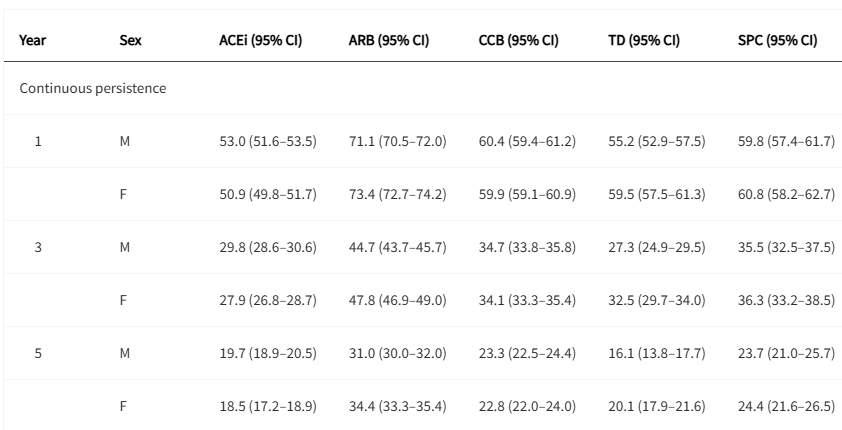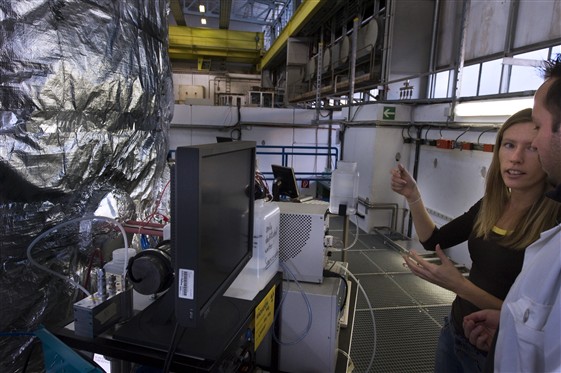In the early days of the Obama administration transition, there were a number of concerns about his anti-science beliefs. He hired a guy who thought girls couldn't do math and
one who thinks there is a government UFO conspiracy.
But then he made Steven Chu Energy Secretary, and that was good, if only Chu could curb his anti-CO2 fetish.
When I saw some preliminary results in Nature about CERN's CLOUD experiment a while ago, I didn't regard it as interesting enough to write about.
Seriously, does anyone not think the Sun impacts the climate by now?
I know, I know, in the 1990s it was all carbon dioxide, but it's no longer 2006 - anyone gullible enough to believe the French and the Germans insisted on a 1990 date in the Kyoto protocol based on science, rather than the fact that Germany simply had to close a few post-unification Soviet-era factories from World War II and France had already brought more nuclear plants online to more easily meet their goals, well, they were too stupid to keep their money anyway.
A documentary on Intelligent Design, a flavor of Creationism, can be shown at the California Science Center under terms of a settlement announced yesterday.
But the group that sued the center after they scheduled a screening of "Darwin's Dilemma: The Mystery of the Cambrian Fossil Record" and the center canceled it in 2009 now says it won't bother to show the film at the center's IMAX theater. The American Freedom Alliance will just take its $110,000 settlement and move on.
If you're one of those cultural mullahs who thinks smoking causes lung cancer - even a cigar or a pipe - you can stop reading. This article is not for you. I have never smoked a cigarette in my life but gradual efforts by the modern temperance movement to ban smoking everywhere(1) should be resisted by anyone claiming they care about independence, tolerance and diversity.(2)
'Creationism' is a confusing term. In science, militant atheists will intentionally call all religious people 'creationists' and then complain creationists are anti-science, even about the religious people who are not anti-science at all. 'Young Earth' creationists think we were created in whole form 6,000 or so years ago and believe paleontology and biology are some test of faith but commingling the terms is intellectually dishonest. Politics makes even otherwise smart scientists do bad things.
One of the stranger claims of anti-science hippies is that there is not only a difference between 'organic' food (and apparently 'inorganic' food, whatever that could be) in structure - and if you believe that, go read Huffington Post, I won't take it personally - but also in nutrition.
 Happy Twelfth Night - Or Divorce Day, Depending On How Your 2026 Is Going
Happy Twelfth Night - Or Divorce Day, Depending On How Your 2026 Is Going Blood Pressure Medication Adherence May Not Be Cost, It May Be Annoyance At Defensive Medicine
Blood Pressure Medication Adherence May Not Be Cost, It May Be Annoyance At Defensive Medicine On January 5th, Don't Get Divorced Because Of Hallmark Movies
On January 5th, Don't Get Divorced Because Of Hallmark Movies Does Stress Make Holidate Sex More Likely?
Does Stress Make Holidate Sex More Likely?









